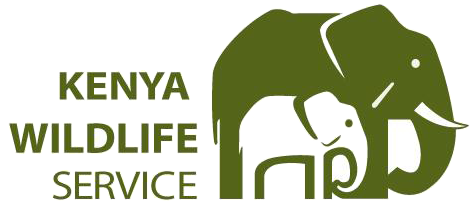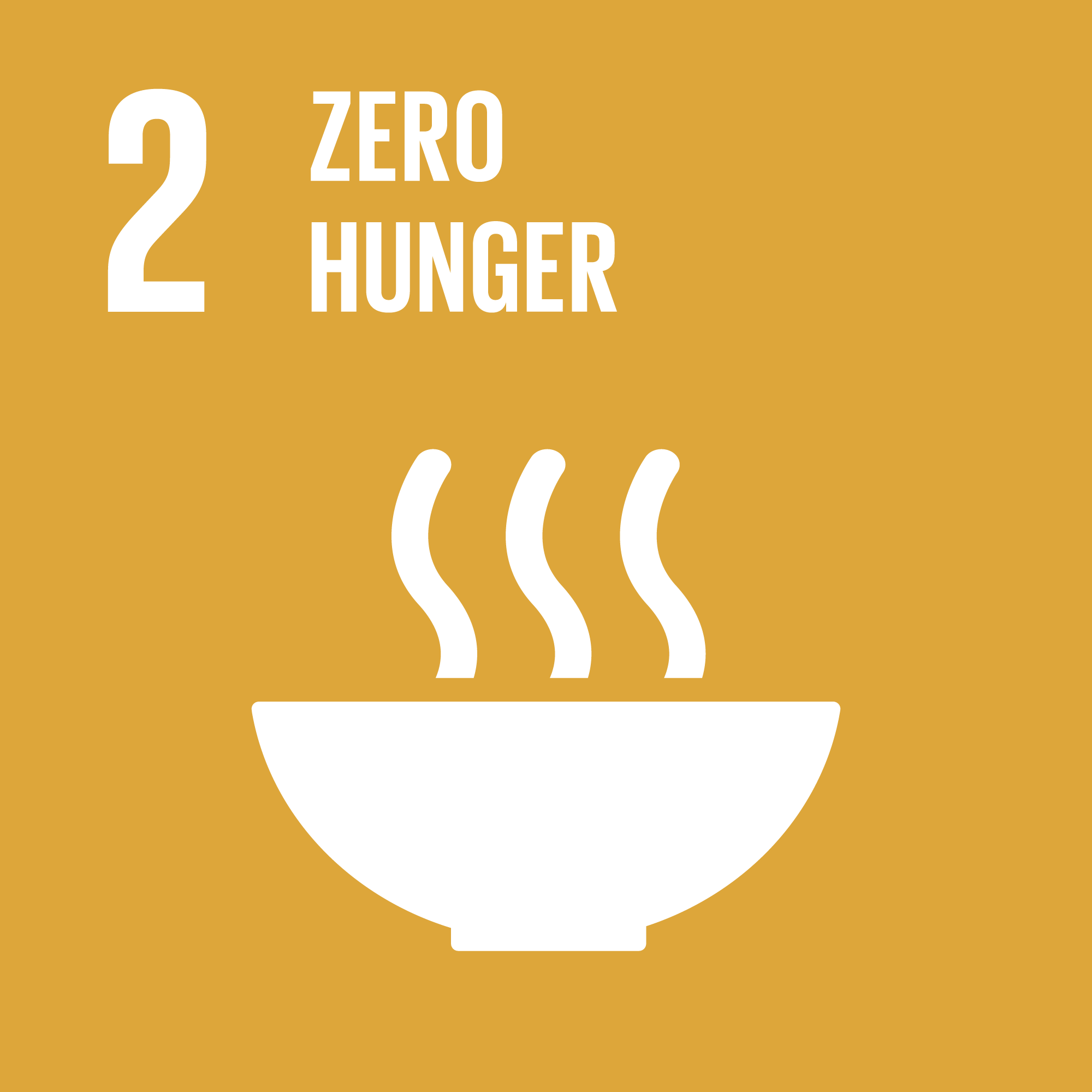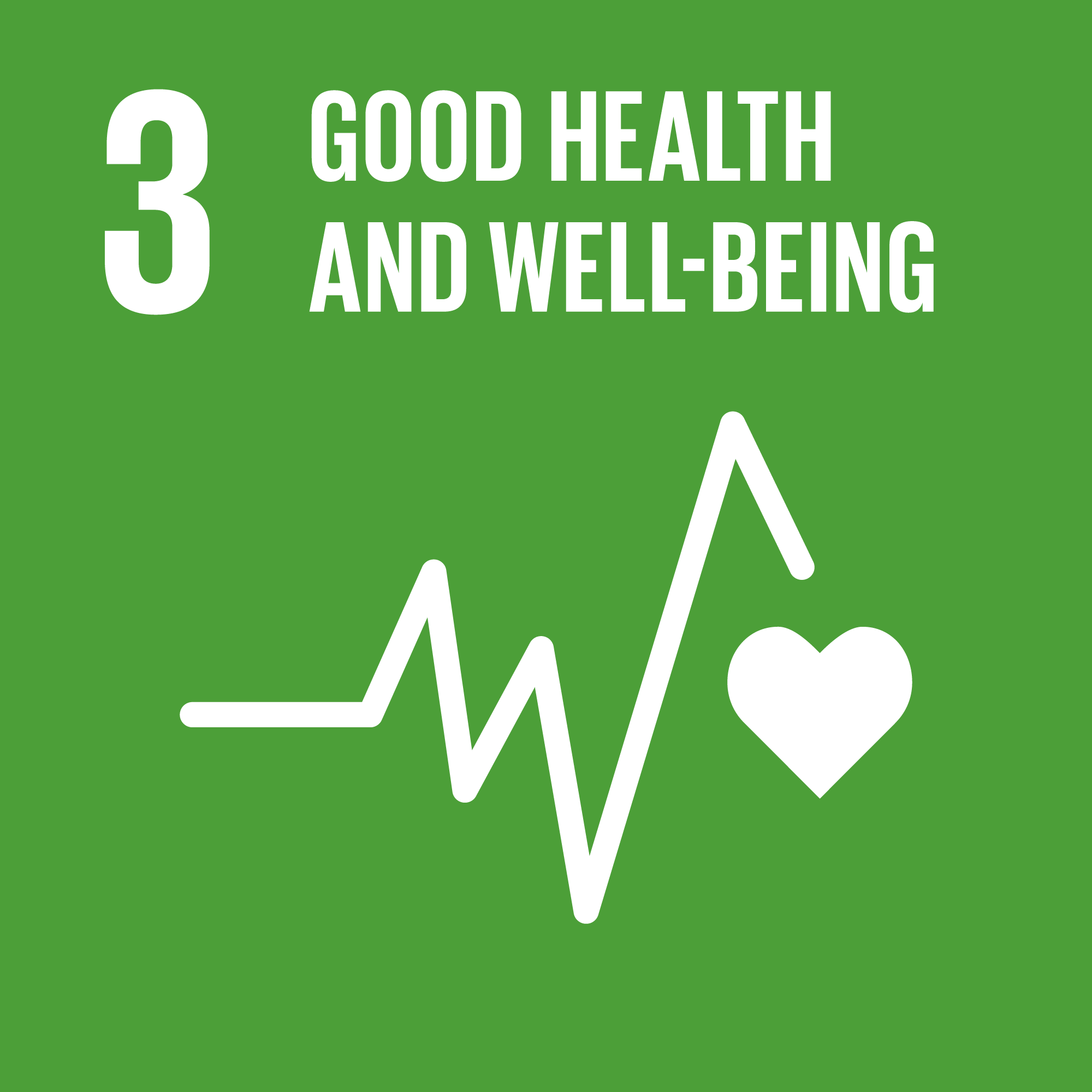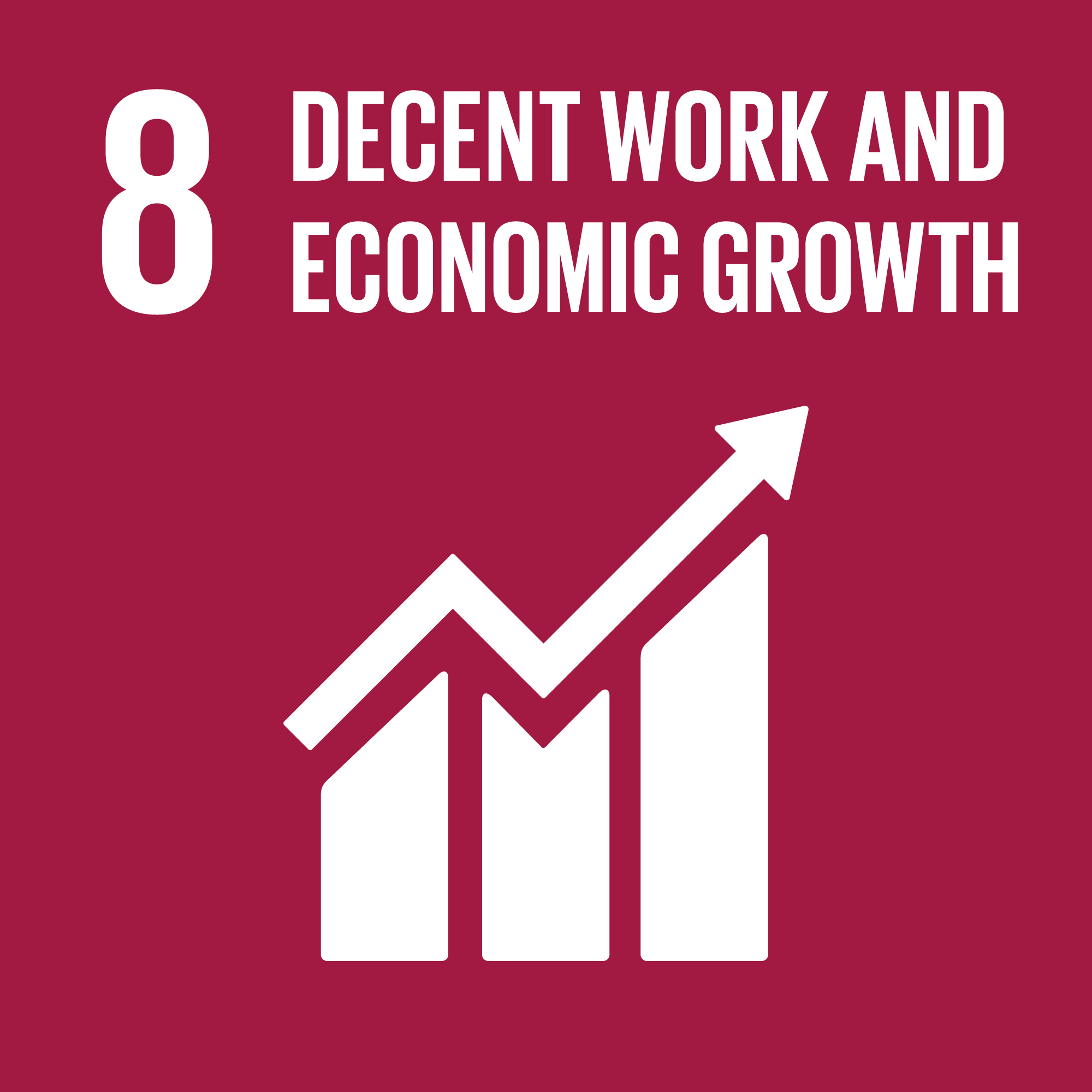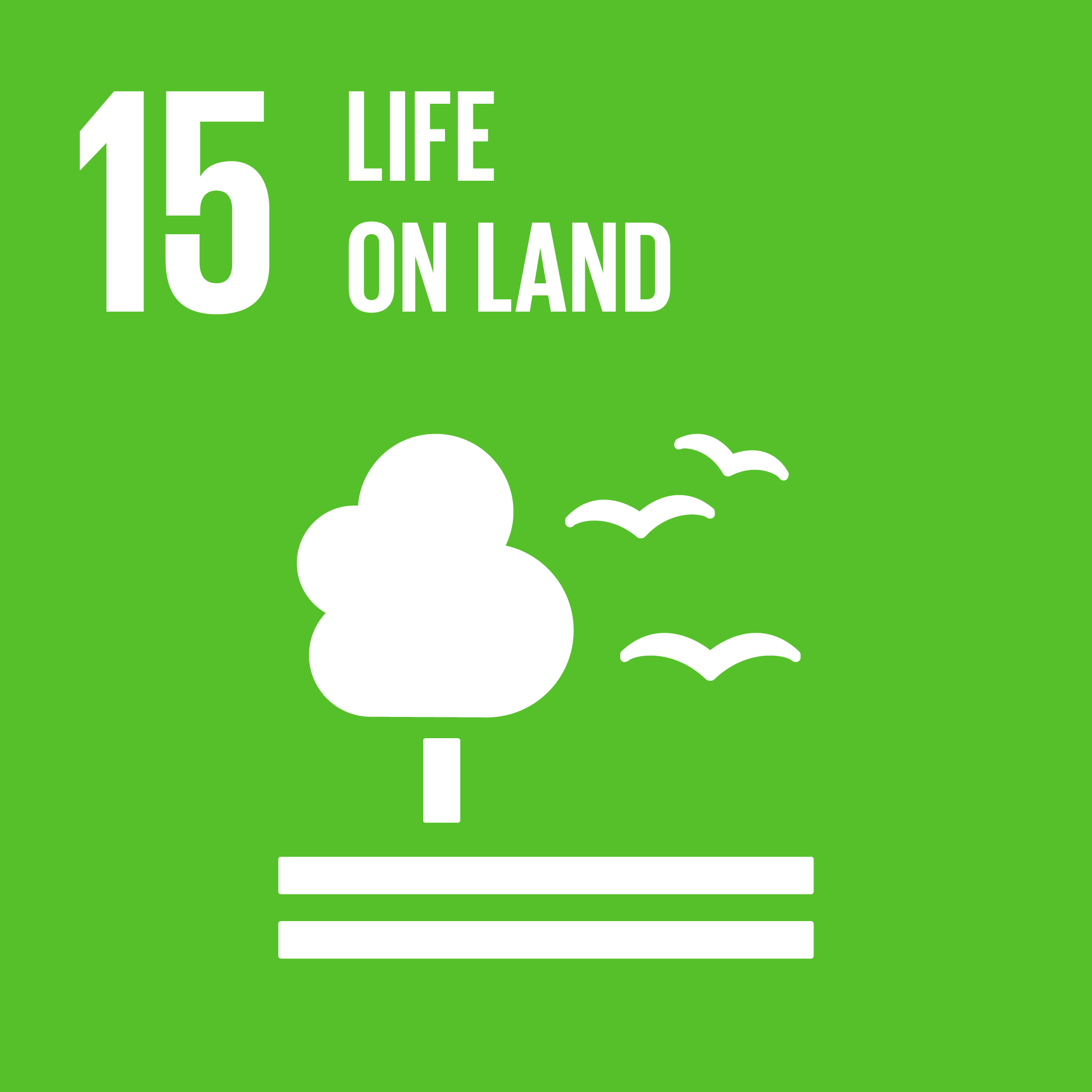
Quality Education
KWS contributes to quality education through its transparent, inclusive and non-discriminatory recruitment practices, and promotions.

Clean Water and Sanitation

Affordable and Clean Energy

Reduced Inequality
KWS contributes to reducing inequalities through inclusivity in empowerment, opportunities and policies.
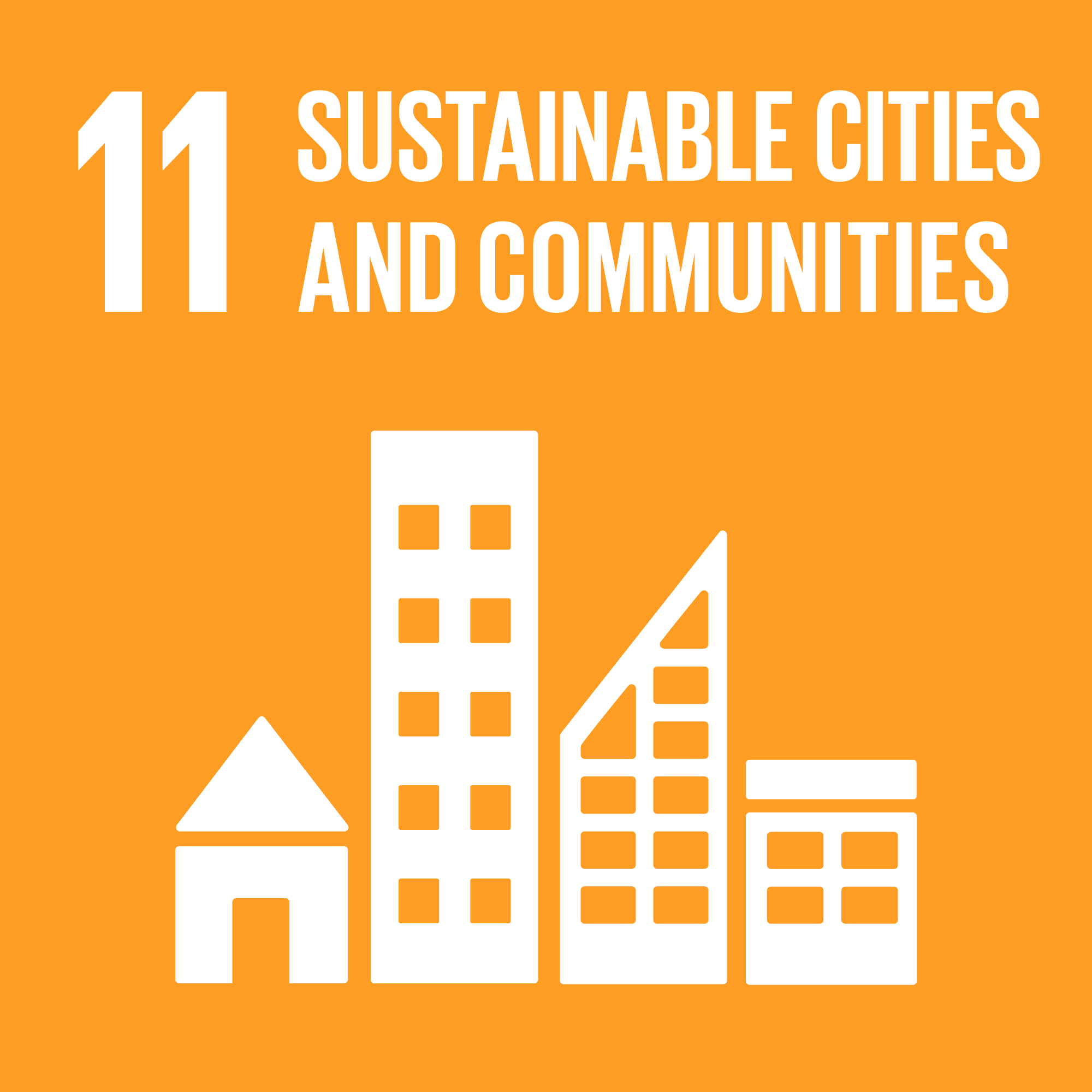
Sustainable Cities and Communities
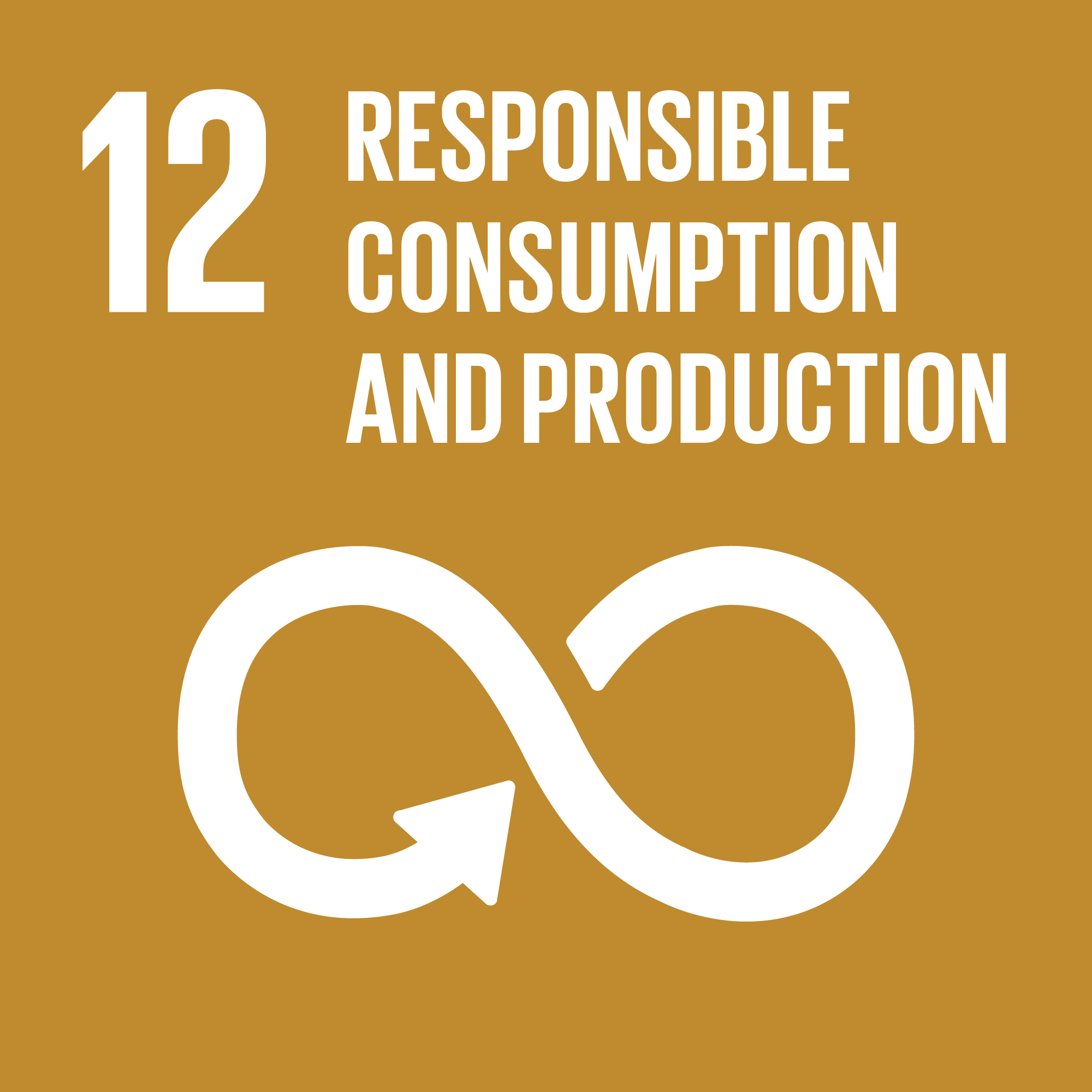
Responsible Consumption and Production
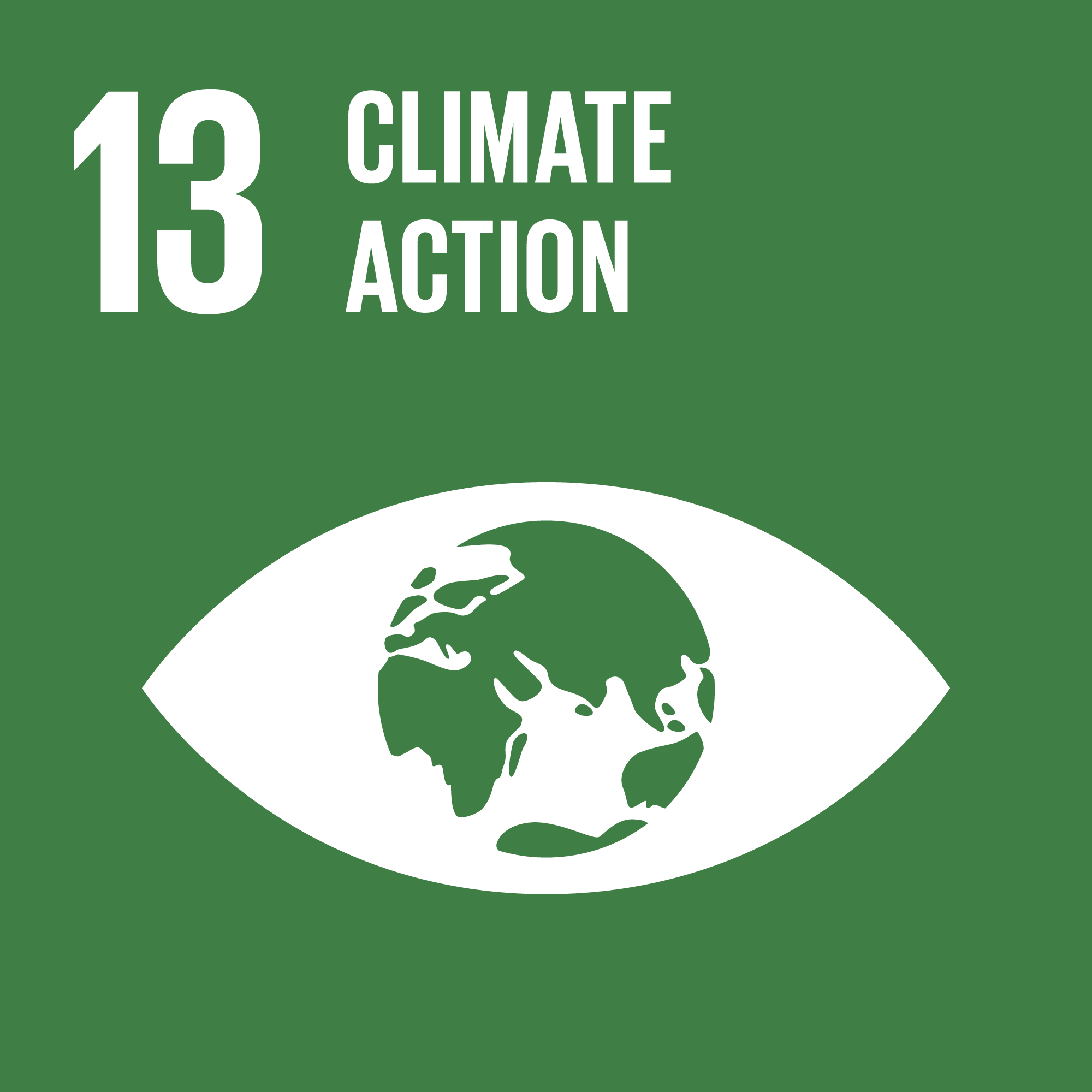
Climate Action
Large mammals such as elephants and whales are keystone species that help to promote growth and sequester carbon as they traverse vast habitats. Global losses of wildlife have cascading consequences throughout ecosystems, which in turn make humans more vulnerable to the dangers of climate change.

Life Below Water
Large mammals such as elephants and whales are keystone species that help to promote growth and sequester carbon as they traverse vast habitats. Global losses of wildlife have cascading consequences throughout ecosystems, which in turn make humans more vulnerable to the dangers of climate change.

Peace and Justice Strong Institutions
KWS recognise the importance of Peace, Justice and Strong Institutions and have prioritized efforts to reach this goal through initiatives such as substantially reduce corruption and bribery in all their forms, develop effective, accountable and transparent institutions at all levels and ensure responsive, inclusive, participatory and representative decision-making at all levels.
